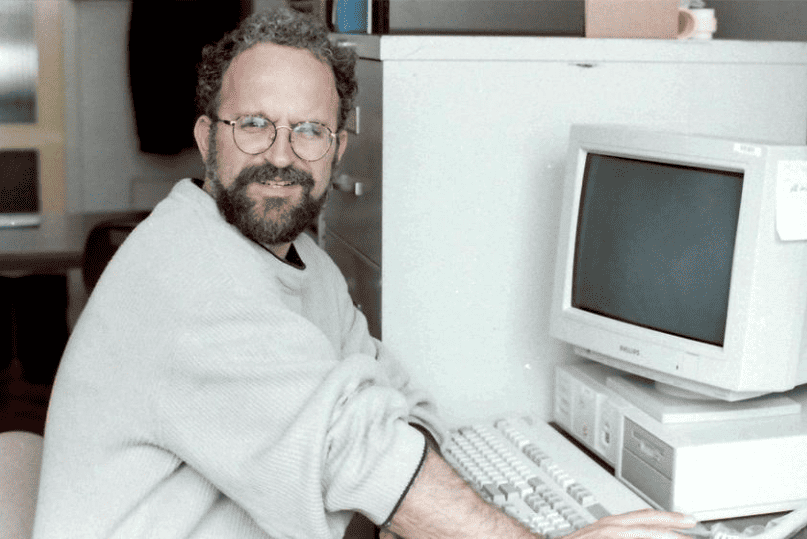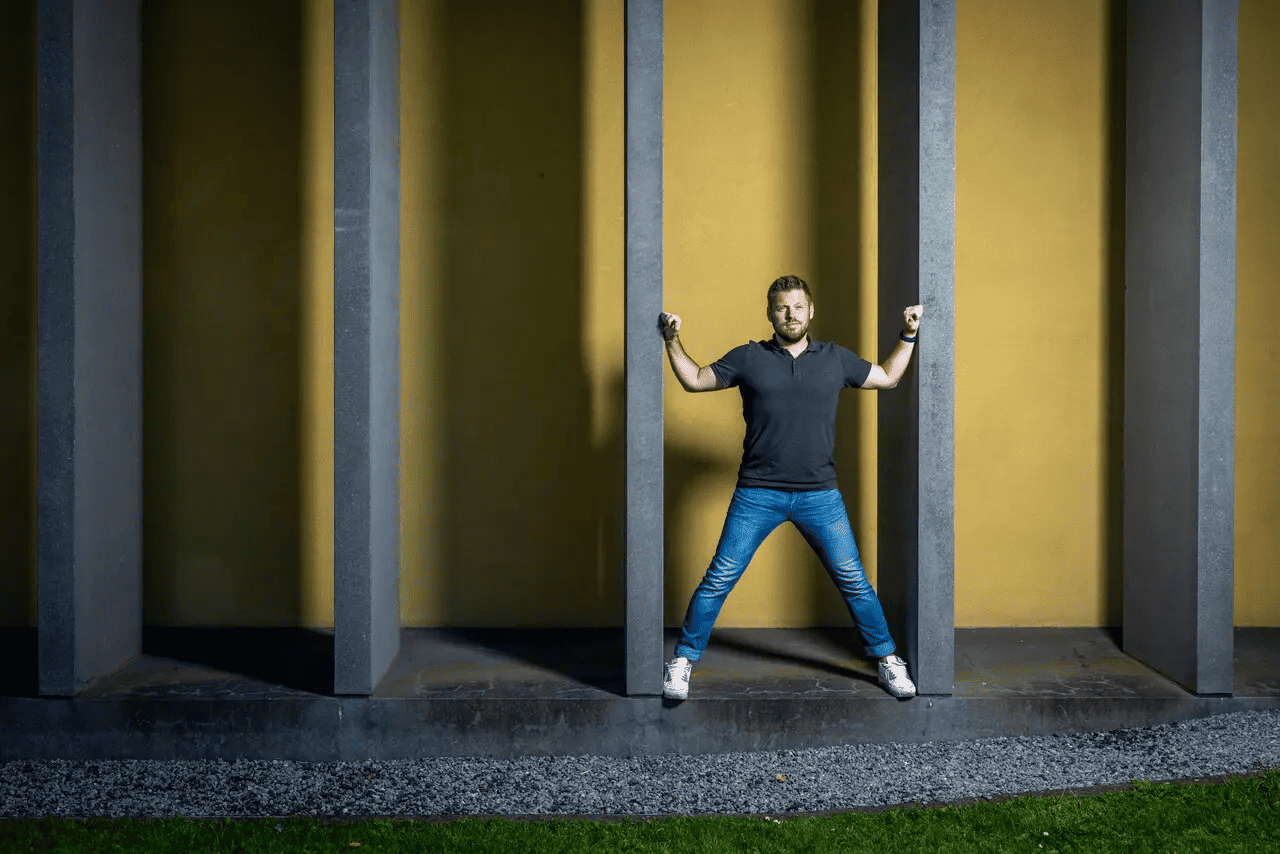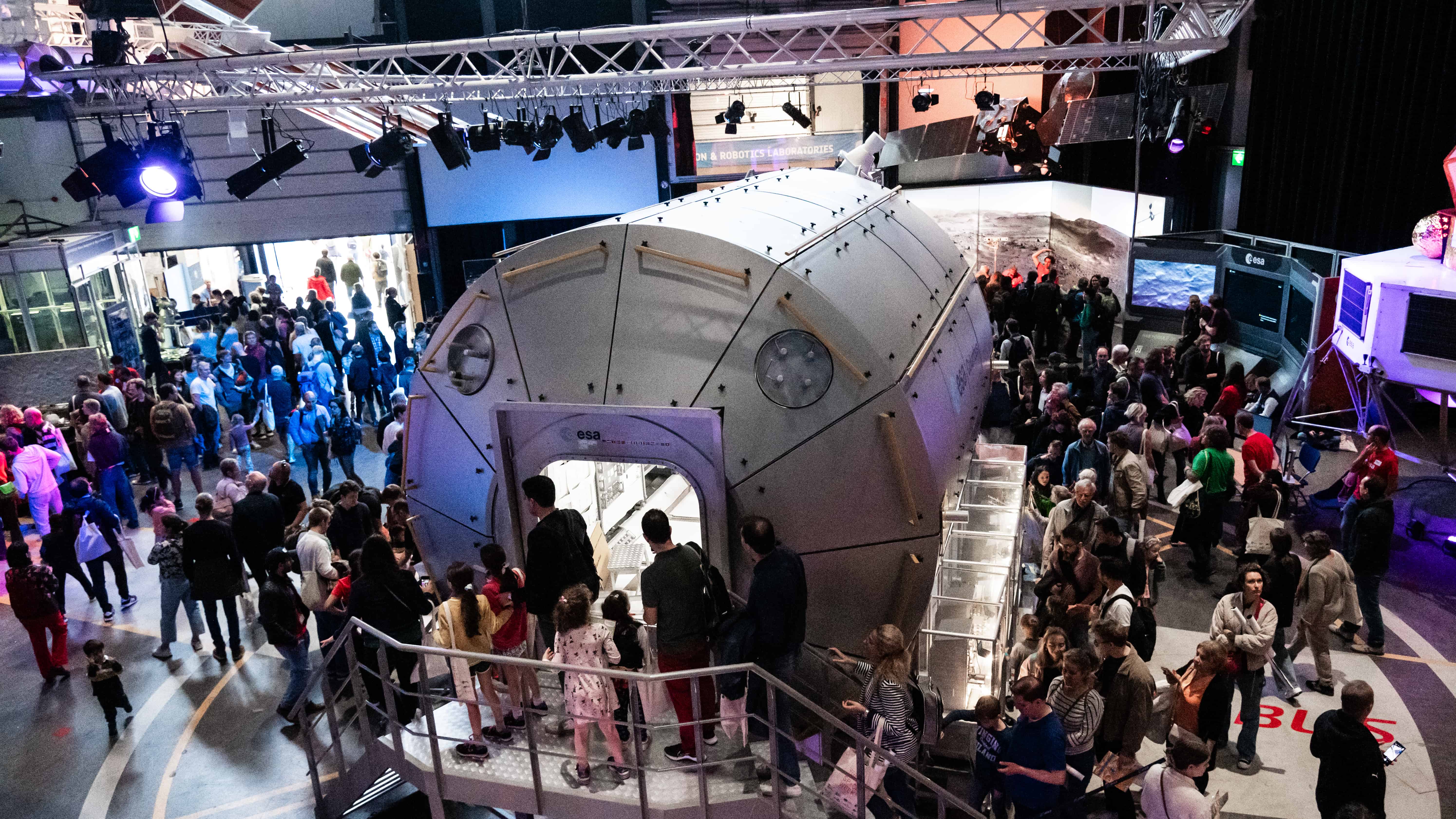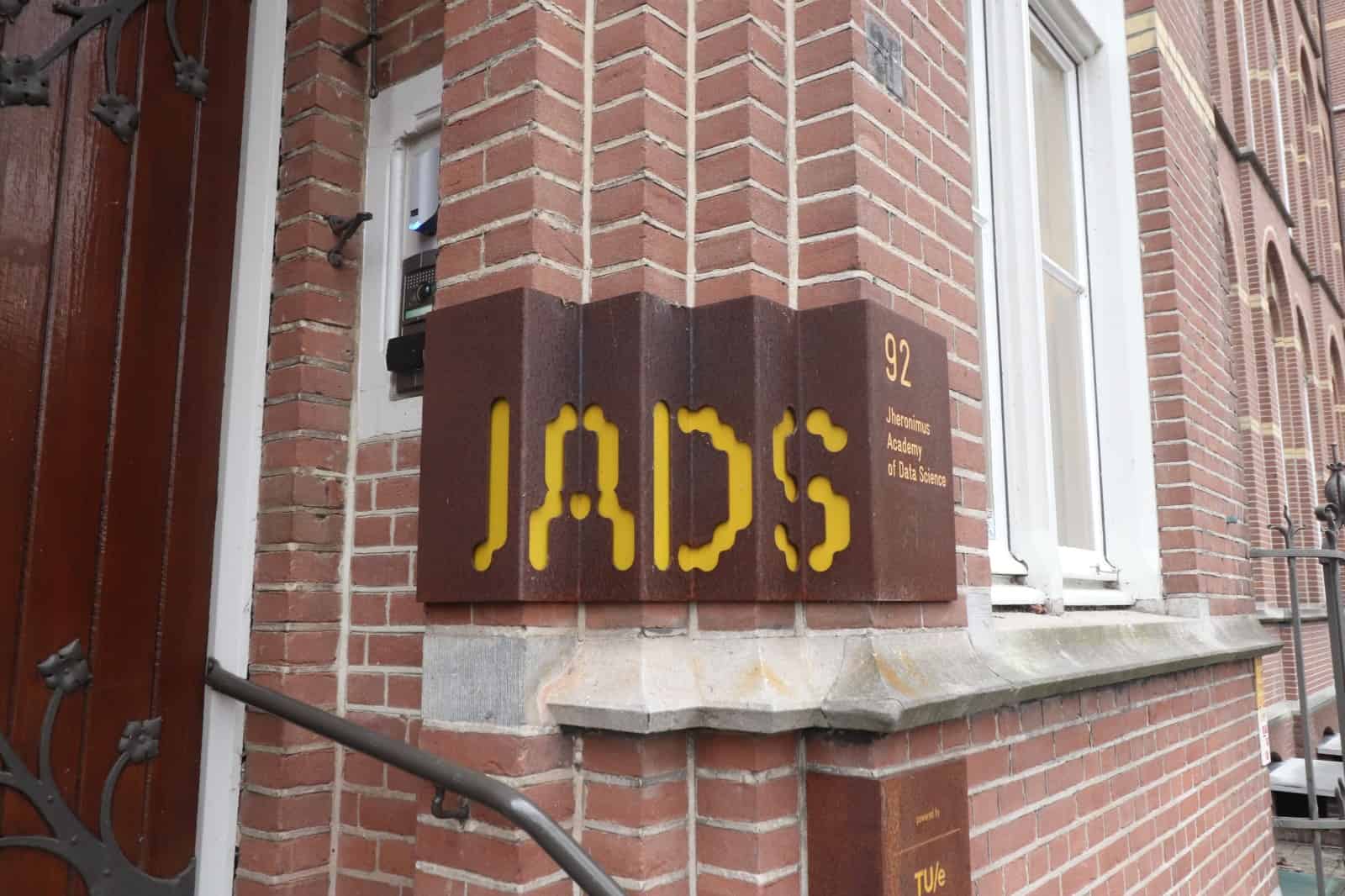
There are fortune tellers, and there are scientists; every right-thinking person knows that those are separate worlds. But what if science turns out to have predictive values? Then the distinction becomes more difficult to make, Albert Jan also observed when he chose this article about the Flemish start-up Immunewatch as the most striking of the week. The cartoon he made with it expresses precisely that feeling.
Please read the article yourself, which shows that insight into the functioning of our T-cells can say a lot about the choices we make for our future well-being. For Immunewatch, this is primarily about predicting immune responses. Still, knowledge of T-cells can lead to much more beautiful things, as we have also previously described in many articles. All in the context of our permanent mission to be “your sneak preview of the future“.
To interpret that a little better on an article-by-article basis, we started a little experiment: above most of our articles, since last week, you will see a text block answering the question “Why are we writing about this topic?” On the one hand, it is a way for our reporters to demonstrate the more profound relevance of the topic. Simultaneously, it’s constant, transparent accountability to our readers. Whether it achieves that goal, I’m sure we’ll find out in the coming weeks. For now, I’m curious to know what you think. Please let me know.
What else stood out
If you want to read everything from last week, click here. These were the pieces that struck me the most:

The working life of food expert and university lecturer Alie de Boer revolves around obtaining honest information about healthy and sustainable food. She hates being patronized. “Every consumer should be able to make their own decision.” But to do that, you have to have the correct information, she says in this interview.

Researchers at the Fraunhofer Institute in Germany are working on various approaches to extracting green hydrogen from organic waste. Impressive and hopeful.

Shipping is among the big polluters of this world. But electrification is complex. Yet electric ships can indeed contribute to cleaner shipping. Jelle Meindertsma of EST-Floattech explains the possibilities.

Finally, a tip: Be sure to follow our series of articles on temperatures in Dutch cities. We have now had six installments, with at least four more to follow. Where the official temperature is around 32 degrees, it can easily reach 50 degrees in many places in our country. Heat stress!
Enjoy your Sunday!







